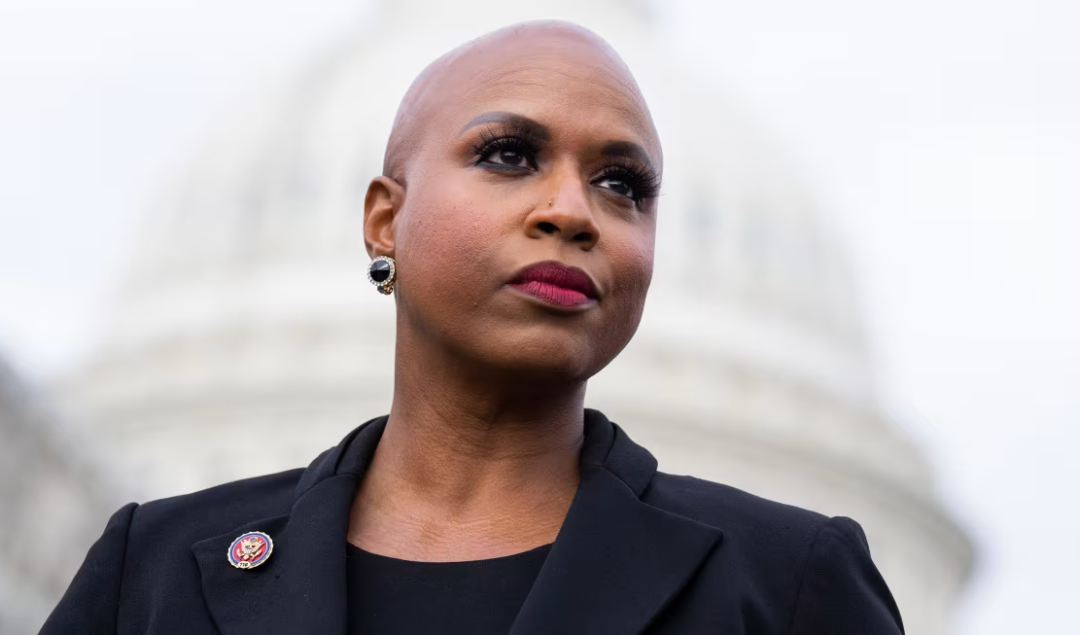Congresswoman Urges Federal Action After 300,000 Black Women Exit Workforce In Just 3 Months

Nearly 300,000 Black women left the workforce in just three months, according to gender economist Katica Roy’s analysis of federal data published in MSNBC. Black women were the only major female demographic to see significant job losses in the five-month period between February and July, with 319,000 leaving the workforce, The New York Times reports.
Rep. Ayanna Pressley (D-MA) is urging Federal Reserve Chair Jerome Powell to help address these concerning statistics.
Pressley’s letter
On September 8th, Pressley wrote a letter to Powell, saying, “In August 2025, 6.7% of Black women faced unemployment, which is above the already high national average of 4.3%.. This disparity should not go overlooked as unemployment of Black women is a key metric of the health of the US economy.”
In the letter, Pressley highlighted the hard work of Black women. “Black women are more likely than any demographic group to be enrolled in higher education, represent the highest-growing group of entrepreneurs, and disproportionately serve as breadwinners for our families,” Pressley wrote, referring to data from the Center for American Progress.
New data has highlighted that Black women’s unemployment rates have increased from 5.4% to 6.7% since Trump was sworn into office. Pressley believes that DEI rollbacks have contributed to these statistics.
“Mass federal workforce layoffs by the current Trump Administration have disproportionately impacted Black women, who comprise about 12% of the federal workforce compared to about 7% of the overall labor market,” she wrote. “Furthermore, the attacks on diversity, equity, and inclusion have compounded the adverse effects on Black women.”
She asked Powell provide to data about the impact of Black women’s job loss on the US economy and a response on how this issue will be addressed.
Black women’s unemployment rates
Unemployment rates for Black women are rising, and economists believe this signifies a broader problem. Black women’s unemployment rate increased from 5.1% in March to 6.1% in April and reached an all-time high in May at 6.2% before dropping to 5.8% in June, according to data from the Bureau of Labor Statistics reported by The 19th.
Black workers often face the consequences of the economy first due to systemic racism and barriers in the labor market. Black women also face the longest periods of unemployment before finding another job, with the average waiting time being six months for the demographic group.
Image: Tom Williams/CQ-Roll Call/Getty images
This article was updated on September 16, 2025, to include attribution to Katica Roy, whose original research was first published in MSNBC and later cited by The New York Times.



